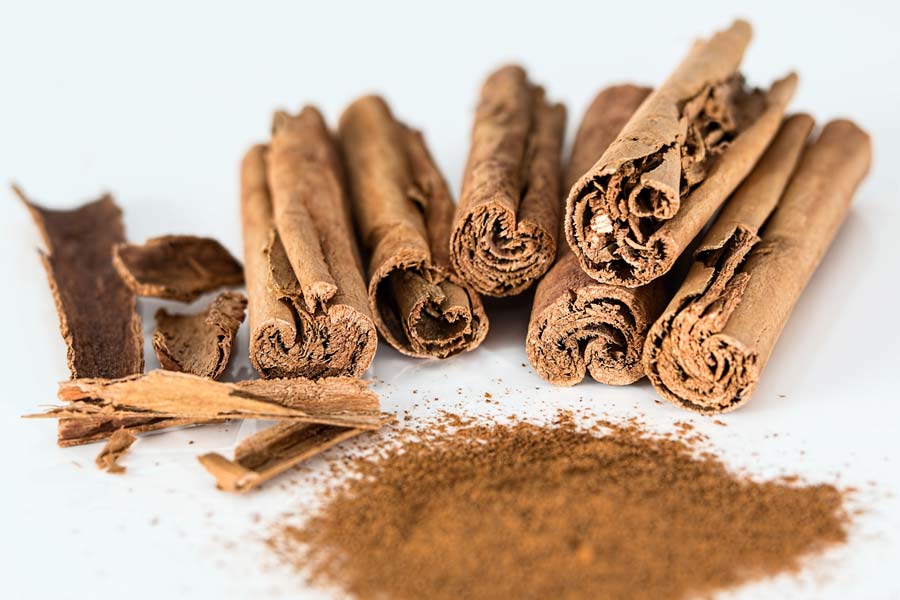Fiber rich foods are very important for the health of the body, but are you getting enough? Some of the benefits may surprise you…
-
- Fiber can Lower Blood Pressure. In one double-blind and placebo controlled study of 110 people published in the British Journal of Nutrition, those given 8g per day of water soluble fiber were found to have lowered blood pressure and over a 12 week period, their systolic blood pressure levels lowered by an average of 2.0 mmHg and the diastolic pressure by 1.0 mmHg. Data from over 2,195 people has shown that systolic pressure dropped 1.81mmHg for every 4-6 grams of insoluble fiber eaten.
-
- It can Reduce Heart Disease. Meta analysis published in the journal Clinical Nutrition found that the more fiber eaten from grains, fruits and vegetables, the lower the risk of CVry heart disease. Fiber intake was linked with a 17% drop in mortality risk in a review of over 18 studies involving more than 670,000 people. Those who ate the most fiber were found to reduce their risk of CVry heart problems by 7% compared to those eating the least. While a Harvard School of Public Health cohort study published in JAMA analysed the fiber intake of 43, 757 US male health professionals and found that those who ate 29g of fiber per day reduced the risk of heart attacks by 41% compared to those only eating 12.4 grams per day.
-
- Reduces Cancer Risk. Australian research has found that 18% of colorectal cancers can be attributed to insufficient fiber intake and eating the recommended fruit and vegetable servings daily can prevent 8.8 per cent of all colorectal cancers. It’s estimated that by consuming the right amount of fiber, four per cent of all cancers could be prevented. Shanghai researchers have also found through meta-analysis of seven studies that eating more fiber particularly from legumes and vegetables, is that this has been linked with a 16% risk reduction in renal cell carcinoma.
-
- Lowered Risk of Mortality. People who eat the most fiber have a 23% lowered risk of dying compared with those who eat the least amount of fiber. When an additional 10g per day of fiber were consumed, the risk dropped by 11 per cent. One study from the American Journal of Clinical Nutrition found that over 8 years, people eating more fiber and fruit had a lowered risk of death. Eating more fiber had a 37% lower risk of death compared with those eating less. People who eat the most fruit (210 grams per day) also have a lowered risk of death – by around 41% or so.
-
- Fights Diabetes. A high fiber diet has been shown to reduce metabolic syndrome (a risk factor for diabetes). A Taiwanese study discovered that people who ate the least fiber-rich foods more than doubled their risk of developing diabetes. While one Norwegian study showed that reducing blood sugar spikes and crashes can occur if you supplement with at least 20 grams of dietary fiber.
-
- Avoids Inflammatory Bowel Disease. Dietary fiber has been shown to reduce the risk of Ulerative Colitis and Crohn’s Disease according to a recent meta-analysis of 16 studies. The highest intake of fiber was linked to a 20 per cent reduction in the risk of colitis along with a 56% decrease in Crohn’s Disease. Soluble fiber works by drawing fluid into the digestive tract, forming a gel that slows digestion down, helping you to feel fuller for longer, giving your body time to extract vitamins and minerals. Good sources of soluble fiber include chia, flax and hemp seeds. Legumes are also an excellent source of both soluble and insoluble fiber. While the insoluble fiber doesn’t break down within the gut, adding bulk to the stool makes bowel movements much easier. Good source of insoluble fiber include vegetables like cabbage, onions, lettuce, pepper and celery. While good choices of fruits include berries, prunes, dates, apples and pears.
-
- Maintain Healthy Lungs. Researchers who studied the link between dietary fiber and Chronic Obstructive Pulmonary Disease (COPD), using the data from over 111,580 people in the Nurses’ Health and Study and Health Professionals Follow-up Study, found that people eating the most fiber had a 33% lowered risk of developing COPD.
-
- Prevent Diverticular Disease. Harvard researchers believe that insoluble fiber can significantly reduce the risk of diverticular disease. A group of US male health professionals found that eating insoluble fiber reduced the risk of diverticular disease by 37% compared to those who ate the least. One study from the British Medical Journal of doctors who treated 40 diverticular patients with 24g of wheat bran per day were also shown to have found relief for their symptoms. At the end of this six month period, the 33 patients were shown to have had a very satisfactory clinical response – 60% of all the symptoms had disappeared and a further 28% of them had been relieved.
-
- Lowered Risk of Barret’s Esophagus. A study within the journal Nutrition and Cancer found that those eating the most fiber from fruits and vegetables had a lowered risk of developing Barret’s Esophagus – a gastrointestinal reflux disease that can increase the risk of cancer of the esophagus which is one of the most common forms of cancer within the U.S.
- Helps to Maintain a Healthy Weight. Eating a diet that’s high in fiber can support weight loss and help you to reach a healthy weight. This is because fiber rich foods are more filling than low-fiber foods and they also tend to be less energy dense, meaning that they have fewer calories for the same volume of food.





